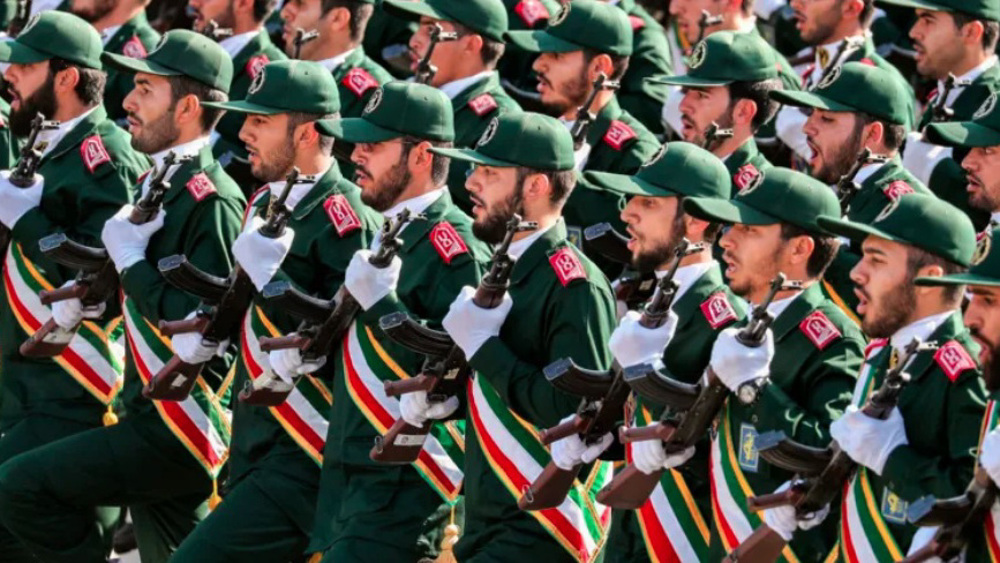'Rafsanjani favored independence from West, East'
The passing of Ayatollah Akbar Hashemi Rafsanjani, an iconic figure whose career spanned several decades on Iran's political scene, has once again prompted reviews of his policies while functioning in a range of positions. We asked Kaveh Afrasiabi, author and political scientist from Boston, to give us his analysis of the former president's views and strategies.
Afrasiabi said that as part of his foreign policy, Ayatollah Rafsanjani tried to distance Iran from both the West and the East during the bipolar system of the Cold War.
Ayatollah Rafsanjani had “this principle of equidistance from the superpowers that translated into both the West and the East,” the analyst said.
“He favored detente with the Western nations so long as they respected Iran’s sovereignty and rights,” he mentioned.
Pointing to Rafsanjani’s policy vis-a-vis the West’s intervention in the region, he noted that the Iranian politician “promoted the idea of collective security in the Persian Gulf, which was rebuffed then and is still being rebuffed by conservative Arab states of the Persian Gulf region.”
Ayatollah Rafsanjani “was a man who met many challenges but met them all with wisdom and resolute determination. He was an example for the present and future generations of Iranians,” the author added.
Afrasiai said “this big loss for Iran can only be filled by his own legacy,” which he described as “the shining example of a true statesman who exhibited wisdom, patience, moderation and tremendous ability in the conduct of the nation’s domestic and international affairs.”
The analyst described Iran’s former president as a person who promoted pluralism as well as a moderate and tolerant figure who advocated dialogue and reconciliation.
“He was a guru for the Iranian politics,” and “the key to his viability was his ability to stand above factional politics to promote a vision that was in complete harmony with both the Supreme Leader (Ayatollah Seyyed Ali Khamenei) and the late Ayatollah [Seyyed Rouhollah] Khomeini, the Revolution’s founding father who created an Islamist democracy replacing the one-man dictatorship.”
The political commentator also went on to say that Ayatollah Rafsanjani pursued “pragmatic flexibility” to liberalize the Iranian economy and integrate it into the world economy.
VIDEO | Iranian embassy in Malaysia celebrates Islamic Revolution anniversary
VIDEO | Press TV's news headlines
VIDEO | Hundreds protest Israeli president's visit in front of Australia's parliament house
Iran officials hail massive rallies marking Islamic Revolution anniversary
Global congratulations pour in for anniversary of Islamic Revolution
Pezeshkian: Iranians have taken to streets to defend country
Netanyahu pushing to turn US into ‘slave state for Israel’s expansionist dreams’: Analyst
Iran’s security chief meets with Yemen's Ansarullah official in Oman













 This makes it easy to access the Press TV website
This makes it easy to access the Press TV website